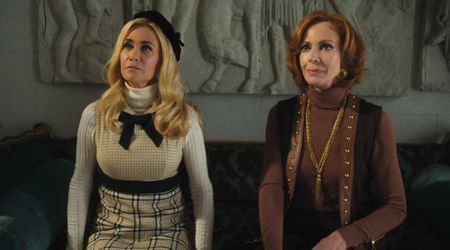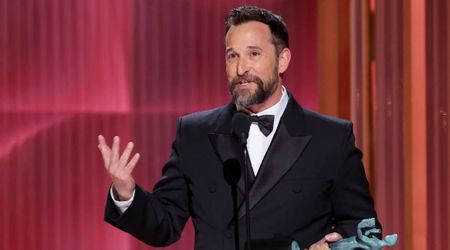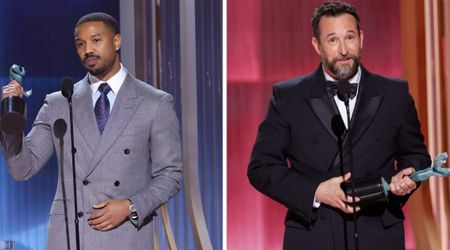'Star Trek: Lower Decks' Episode 3 Review: Captain Carol Freeman learns to trust her crew after big blunder

Spoilers for 'Star Trek: Lower Decks' Season 1 Episode 3 'Temporal Edict'
One of the most closely guarded secrets of anyone who's been forced to work a corporate job is just how many rules are bent, and how much free time is taken by employees who could technically be working faster. "Buffer time" - the hours of free time taken by employees who overestimate how long an assigned task will take - is an important part of keeping them sane. More than that, it gives lower-level crew agency over their hours and work timing that is usually robbed by the strict protocols kept in place by large organized structures like Starfleet. It's a necessary ruse - and one that, when done away with, leads to absolute disaster, as this episode clearly shows.
When the USS Ceritos is passed over for an important Starfleed peacekeeping mission, Captain Carol Freeman (Dawnn Lewis) goes on a rampage in an effort to have her ship taken more seriously. Outraged at discovering the existence of "buffer time,' she mandates work task durations for all the crew, leading to stress, exhaustion, and sloppy work from everyone but Ensign Brad Boimler (Jack Quaid). In the meantime, Beckett Mariner (Tandy Newsome) joins First Officer Jack Ransom (Jerry O'Connell ) on a mission to Galrek-5, where sloppy work leads to peace talks quickly going sour, and Mariner and Ransom have a talk about the importance of protocol vs. getting the job done.
This episode focuses on the low-level employees of a 'Star Trek' crew. It also the first time that the A-plot and the B-plot are so closely tied together. Idealistic protocols often fall apart when it comes to the practical work of getting the job done, and it's often up to those on the ground to get that job done in the first place. Sometimes, that means bending a few rules - something Mariner is an expert in, and that even Boimler recognizes. While Jack Ransom plays himself off as the rugged, square-jawed hero, he's no James T. Kirk - his adherence to protocol has seen him play things safe, and in some situations that leads to more harm than good if he can't find a way to adjust.
There's always a push and pull between corporate and its underlings. Motivated employees know how to get the job done, but a demand for greater efficiency always comes at the cost of quality. More importantly, Captain Freeman's attempts to micromanage everything the crew does ends up exhausting everyone, at all levels. Because it's a 'Star Trek' show, the only progressive, happy ending is shown - Captain Freeman learns to trust her employees to be able to do the jobs they were hired to do. Hilariously naming this loosening of rules after Boimler, it just goes to show that 'Lower Decks' seeks to find the progressive, 'Star Trek' ideal even amongst the more ordinary parts of that universe.
'Star Trek' has never been a show about rebels fighting against the system. The Prime Directive and the many rules attached to it are what sets 'Star Trek' apart from so many other science fiction shows, but as much as the rules are there for a reason, there is a different standard that applies to the first officers, and those of the lower decks - and that's there for a reason. The illustration of how important a trusted crew can be is exactly the kind of thing that 'Lower Decks' was created for.
The next episode of 'Star Trek: Lower Decks' airs August 27, on










